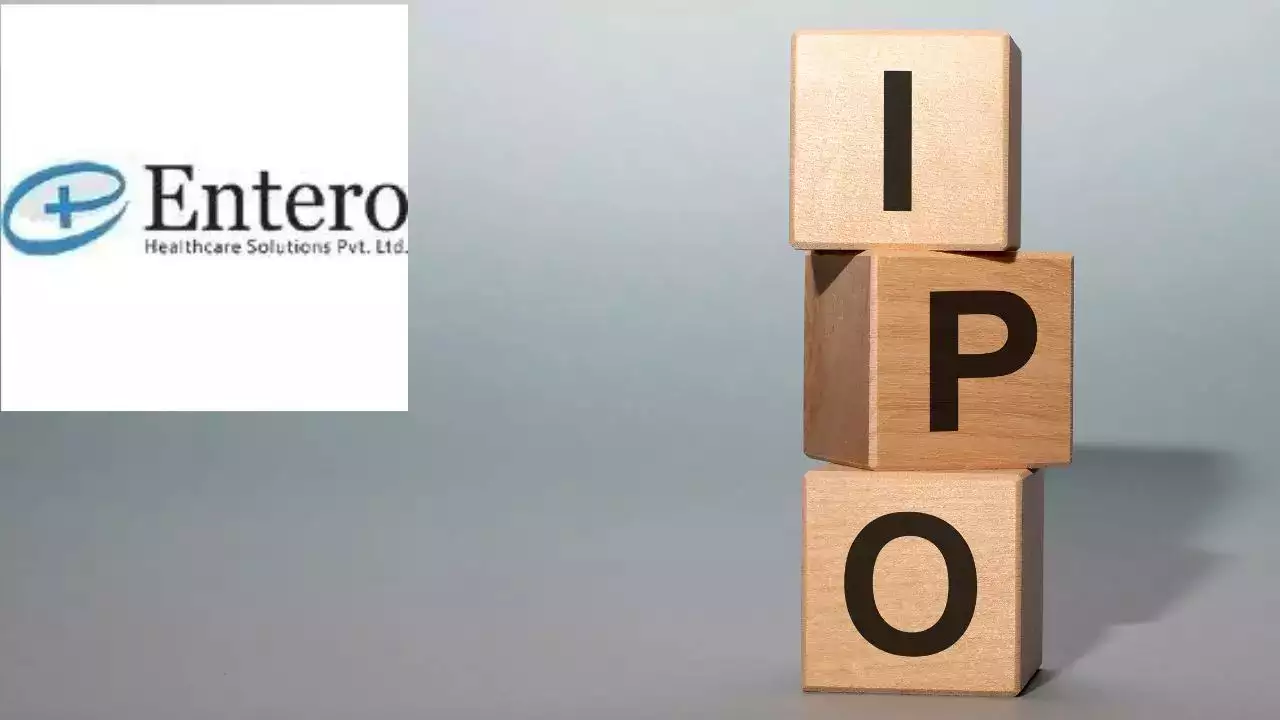Vibhor Steel Tubes ipo details are important for any share market investor. IPO is the first issue of shares by a company to the public. The ipo price is determined by the market demand and supply. In the case of Vibhor Steel Tubes ipo, the demand is likely to be high. This will lead to a higher ipo price.
The ipo price is set by the company in its Red Herring Prospectus (RHP) document filed with SEBI. In the RHP, the company has set a price band of Rs 141 to Rs 151 per share. The ipo subscription will open on February 13 and close on February 15. The allotment of the shares is expected to happen on February 16. On securing allotment, you can get credit in your demat account for the number of shares allotted.
Founded in 2003, Vibhor Steel Tubes Limited manufactures and exports a wide range of steel products. The company offers Mild Steel/Carbon Steel ERW Black and Galvanized Pipes, Hollow Steel Tubes, Cold Rolled Steel (CR) Strips/Coils, and more. The company serves the heavy engineering industry, and their products have many uses. They are known for their quality and durability, and they follow strict regulations. Their in-house quality team ensures international standards are met. Led by first-generation entrepreneurs, the company has made a name for itself in India’s steel manufacturing sector.
Despite the company’s impressive financials, net margins are low when compared to the steel products peer group. This is due to front-ending of costs, but it still has a good return on equity and return on assets. The company is a rising star in India’s heavy engineering sector, and their partnership with Jindal Pipes Limited has secured large orders. The company has also built a strong distribution network that allows them to reach customers quickly and efficiently.
The company’s promoters and directors have substantial control of the company, so the ipo may not be suitable for all investors. Additionally, the company is a party to certain legal proceedings and an adverse decision in these cases could have an adverse effect on its business. Additionally, the Covid-19 pandemic could have a negative impact on the company’s business and results of operations.



